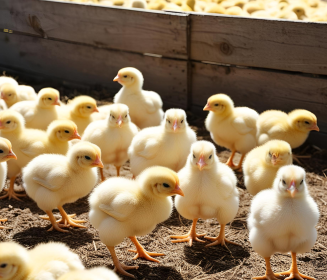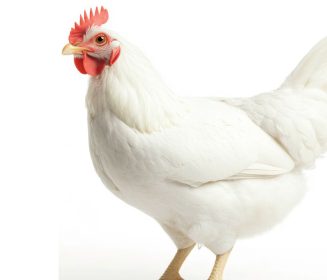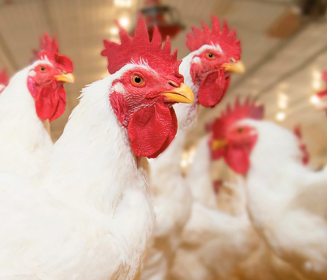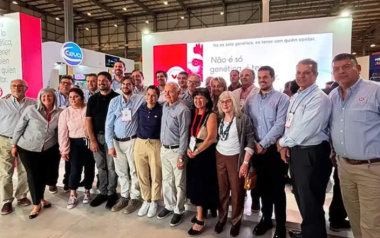23 Sep 2020
Compartmentalisation of primary broodstock in the United States
Content available at: Español (Spanish)The concept of compartmentalisation has advanced considerably in the United States, including two poultry genetics companies […]
Available in other languages:
Content available at:
Español (Spanish)
The concept of compartmentalisation has advanced considerably in the United States, including two poultry genetics companies with official certification from the United States Department of Agriculture (USDA).
There is great expectation about the impact that the application of this concept may have on world poultry production, since it would facilitate a continuity in the supply of brood stock to ensure a constant production of local poultry products (egg and meat), and benefit from consumers by having access to these nutritious and affordable sources of animal protein 24/7.
Currently, the USDA is in the process of getting importing countries to recognize this certification so that, in the event of outbreaks of avian influenza or Newcastle disease in this country, the compartments can continue to export that valuable and necessary stock .
THE INTERNATIONAL TRADE IN BIRDS
International trade is regulated by the rules of the World Trade Organization (WTO); however, the animal trade has an additional complexity that is typical of biological entities and therefore requires additional considerations of veterinary speciality.
These additional considerations are proposed, discussed and amended regularly by the international organization for animal health (OIE for its acronym in French). Almost all countries in the world are active members of the OIE and, in theory, adhere to its general guidelines published as the Terrestrial Animal Health Manual.
Modern commercial poultry farming has a global presence, with equally omnipresent networks, not only with regard to the movement of poultry products (chicken, turkey and duck meat, as well as egg for dinner), but also in the case of live animals such as the broodstock and fertile hatching eggs.
This international trade in live birds is influenced by the epizootiological situation of the exporting and importing country.
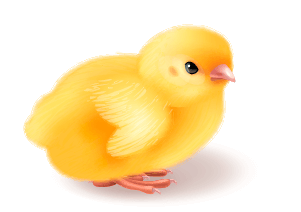
Some other important factors include the existence of bi- or multilateral trade agreements, as well as the availability of appropriate means of transport to guarantee the well-being of live birds, usually such as day-old chicks or fertile eggs.
The OIE Terrestrial Animal Health Code includes epizootiological considerations to facilitate international trade of live birds.
Commercial poultry depends on obtaining frequent replacement brood stock for productive purposes and on improving its production parameters that are related to its profitability as a business.
Ensuring that broodstock replacements are received on a regular basis is also a way to ensure continued production of poultry products to supply local and regional markets; however, in recent years, this international trade has been frequently interrupted mainly due to outbreaks of avian influenza as well as Newcastle disease.
THE NEED FOR ALTERNATIVES TO TRADE IN LIVE BREEDING BIRDS
In the fall of 2014 and during the first half of 2015, the international trade in breeding birds suffered a series of outbreaks of avian influenza in several countries, mainly in the European Community and in the United States where, in general, the operations of pedigree of primary breeder companies take place.
The initial outbreak in the US was followed by immediate reactions from several countries, from the imposition of restrictions at the regional level to the total ban on poultry imports from this country, regardless of the fact that distances greater than 1,000 km were common between contaminated areas and disease-free regions.
The US Poultry and Egg Export Council (USAPEEC) reported by the end of 2015 that a total of more than 40 countries imposed some level of import restrictions, 18 of them imposing a national embargo.
USAPEEC estimates that the US poultry industry lost about 25% of its annual exports that same year.
TO CONTINUE READING REGISTER IT IS COMPLETELY FREE
Access to articles in PDF
Keep up to date with our newsletters
Receive the magazine for free in digital version
REGISTRATION
ACCESS
YOUR ACCOUNT
LOGIN
Lost your password?








